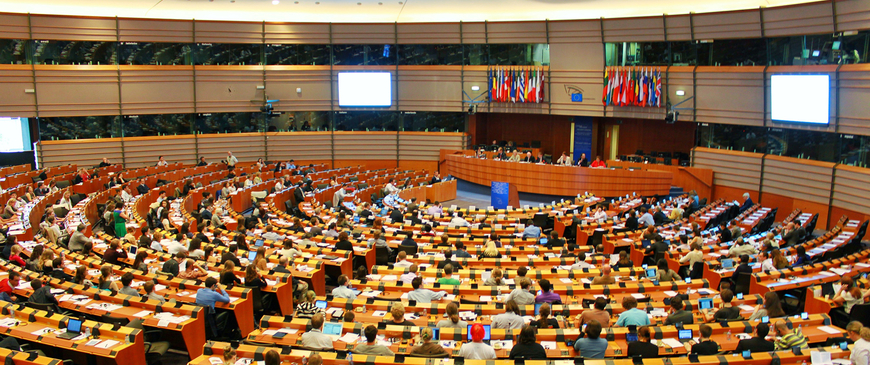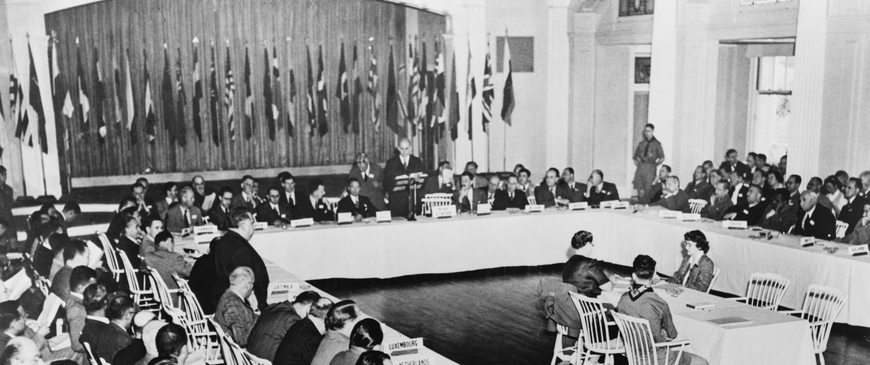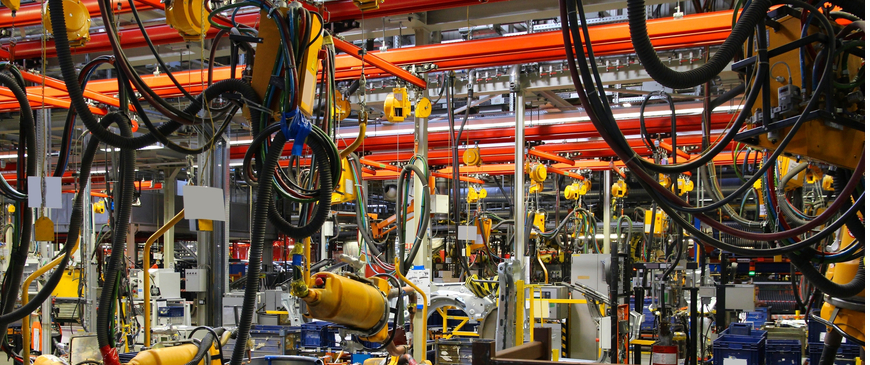Macroeconomics & the euro
Crisis shows imbalances are not sustainable indefinitely
27 November 2008
Financial Times
Sir, Paul Betts (“All for one, but none for all to revive Europe’s fortunes”, November 24) argues that Germany should wait for other countries to boost their economies (and hence demand for German exports) rather than taking steps to boost German domestic demand.
This is no time to listen to the siren call of the euro
14 October 2008
The Guardian
Since the Labour party entered office in 1997, the UK economy has become more "European". One of the government's first acts in office was to sign up to the EU's social chapter. It followed this with the introduction of a minimum wage in 1999, along with sustained increases in public expenditure.
Don't undermine free markets
08 October 2008
International Herald Tribune
Commentators and politicians have been falling over themselves to read the last rites to "Anglo-Saxon" capitalism. Anglo-Saxons have undoubtedly been guilty of profligacy and hubris.
Why free markets have little to do with inequality
02 June 2008
Financial Times
Many Europeans believe liberal economic reforms are incompatible with social justice. The US and the UK, they point out, have more liberal markets for products and labour than in continental Europe - but also higher levels of poverty and income inequality.











